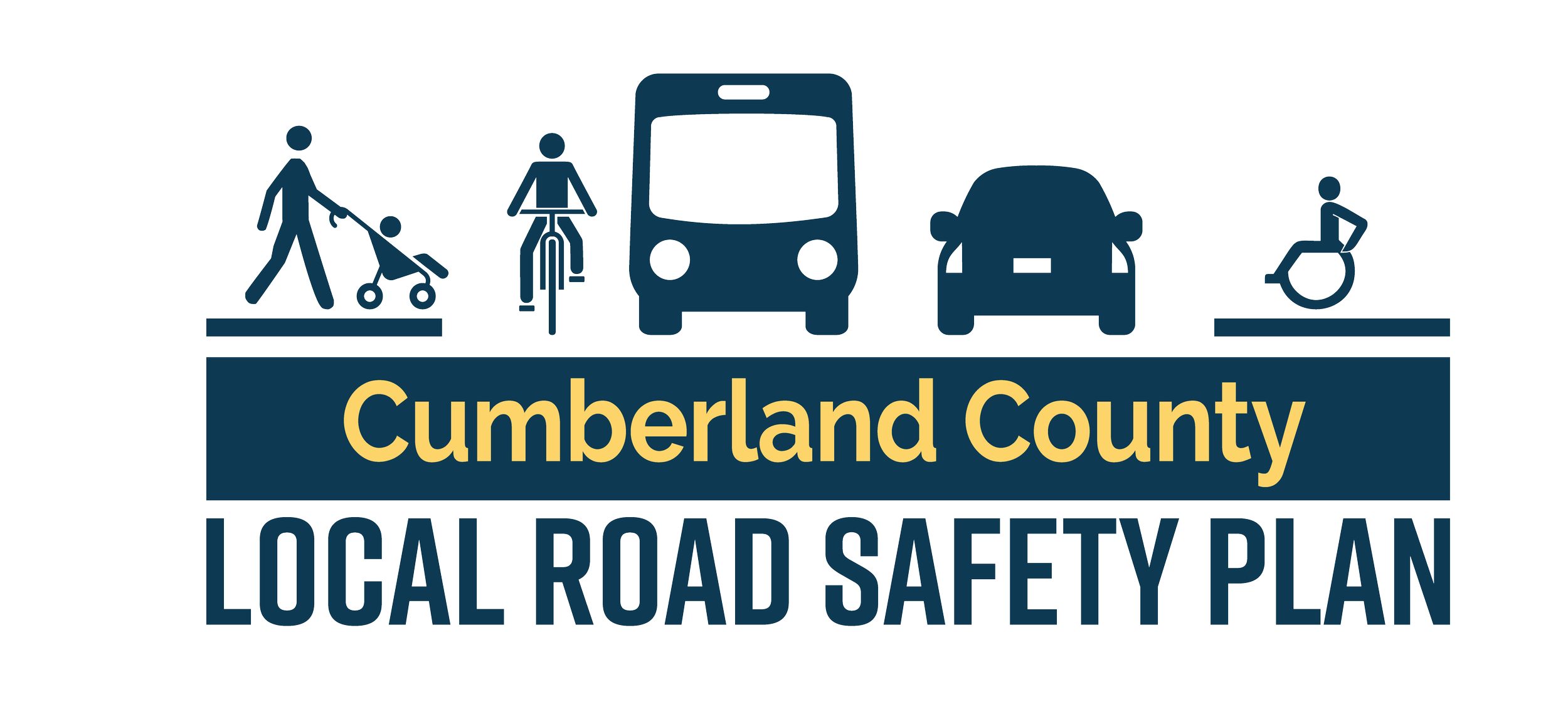
Project Information
Emphasis Areas
The LRSP Steering Committee has identified four emphasis areas that are crucial for addressing the challenges faced by local roads in Cumberland County. During their discussions, the committee will focus on these areas, which include specific crash types and the roadway facilities where these crashes occur.
Focus Crash Types
Fixed Object
Right Angle
Focus Facilities
For fixed object focus crash type:
All municipal and county roads that are classified as collectors or above
For right-angle focus crash type:
All minor stop-controlled intersections on municipal and county roadways, excluding subdivisions/driveways
Lane Depature
Aggressive Drivers
Intersections
Four Emphasis Areas
Pedestrians and Bicyclists
Project Schedule
The process for the Countywide LRSP began in January 2023 and the final plan is expected to be completed by 2025. Engaging with the public and stakeholders at different stages of the process provides opportunities to build consensus and allows local residents and stakeholders to contribute their expertise.
Safe Streets and Roads for All (SS4A)
The United States Department of Transportation’s (USDOT) Safe Streets and Roads for All (SS4A) discretionary program provides an exciting opportunity for South Jersey to improve safety concerns on local roads by advancing the priorities and recommendations outlined in the Cumberland County LRSP.
With a budget of $5 billion over five years (2022-2026), the SS4A program aims to fund regional, local, and Tribal initiatives to prevent roadway deaths and serious injuries. It aligns with the USDOT’s National Roadway Safety Strategy and the ambitious goal of achieving zero roadway deaths.
The SS4A program includes several grant funding opportunities and the County’s LRSP will make our grant applications more competitive. SJTPO can leverage Planning and Demonstration Grants from the SS4A program to conduct supplemental planning, and even implement demonstration activities. SJTPO could also apply for SS4A Implementation Grants to fund projects and strategies identified in the LRSP. These projects can cover various aspects, including infrastructure and other activities to address specific roadway safety problems. By utilizing SS4A grants, SJTPO can enhance its efforts to improve road safety in South Jersey, foster collaboration with local stakeholders, and work towards creating safer road environments all communities in the County.
Visit the USDOT SS4A website to learn more.
Data
The charts below depict the severity and type of crashes in Cumberland County and the road system where they occurred. Crash data collected from 2013 to 2020 by the NJDOT Accident Record Database shows trends and frequencies that paint a picture of road safety on state, local, and municipal roads throughout the County.







